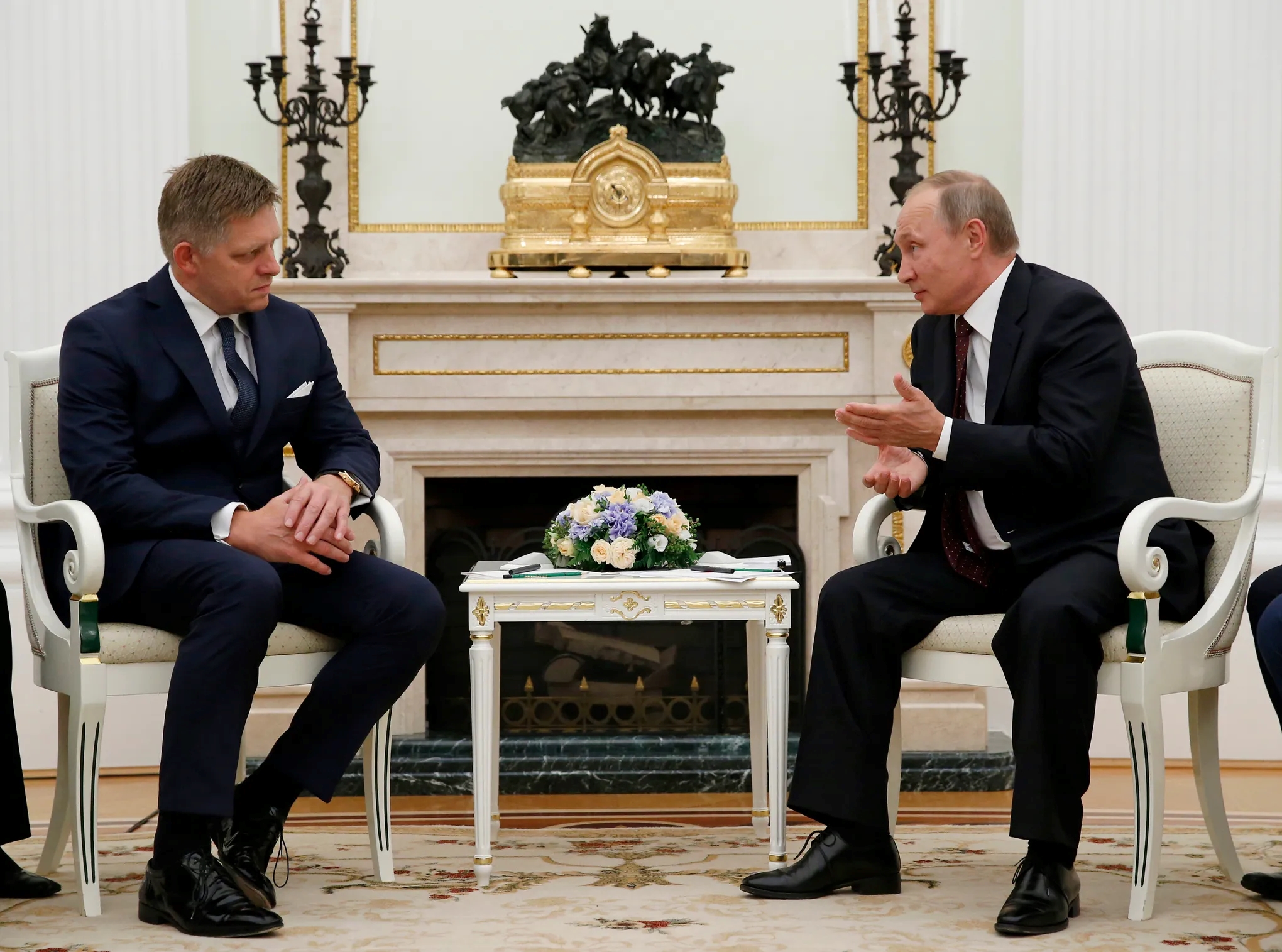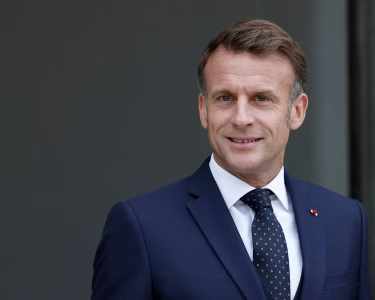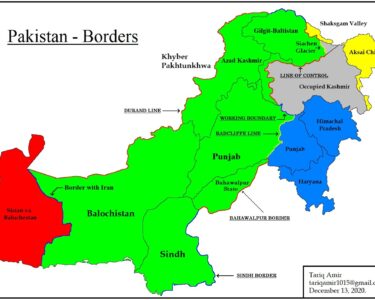Russian President Vladimir Putin met Slovak Prime Minister Robert Fico in the Kremlin on Sunday, Russian television presenter Pavel Zarubin said, as a contract allowing for Russian gas to transit through Ukraine nears its expiry date.
Slovakia is dependent on gas passing through Ukraine, and Fico has criticized Ukrainian President Volodymyr Zelenskiy for refusing to extend the contract, which expires at the end of the year. Kremlin spokesman Dmitry Peskov later told the TASS news agency that the talks had ended. He said the two leaders would not issue a joint statement.
Peskov, shown in a video posted earlier on Zarubin’s account on the Telegram messaging app, said the discussions were sure to focus on gas transit and the current international situation. He said the Kremlin meeting had been arranged “a few days ago.”
Russian television showed the two leaders shaking hands at the start of their talks. The Slovak government office could not be immediately reached for comment and did not immediately reply to emailed questions.
 Russian President Vladimir Putin shakes hands with Slovak Prime Minister Robert Fico during a meeting in Moscow, Russia December 22, 2024. Sputnik/Artyom Geodakyan/Pool via REUTERS.
Russian President Vladimir Putin shakes hands with Slovak Prime Minister Robert Fico during a meeting in Moscow, Russia December 22, 2024. Sputnik/Artyom Geodakyan/Pool via REUTERS.
Fico, who is known for his pro-Russian stance, is only the third European leader to visit Putin at the Kremlin since Russia’s invasion of Ukraine in February 2022. The visit follows those of Austrian Chancellor Karl Nehammer in April 2022 and Hungarian Prime Minister Viktor Orban in July 2022. Meanwhile, Ukraine has consistently maintained that it will not renew the gas transit agreement with Russia, nearly 34 months into the ongoing war between the two countries.
Gas Transit
Slovakia, which has a long-term contract with Russian energy giant Gazprom, has been trying to keep receiving gas through Ukraine, saying buying elsewhere would cost it 220 million euros ($229 million) more in transit expenses.
On Thursday, Fico raised the issue during a European Union summit in Brussels, which was also attended by Zelensky. The Ukrainian president reiterated his country’s position, stating that Ukraine would not extend the transit deal for Russian gas.
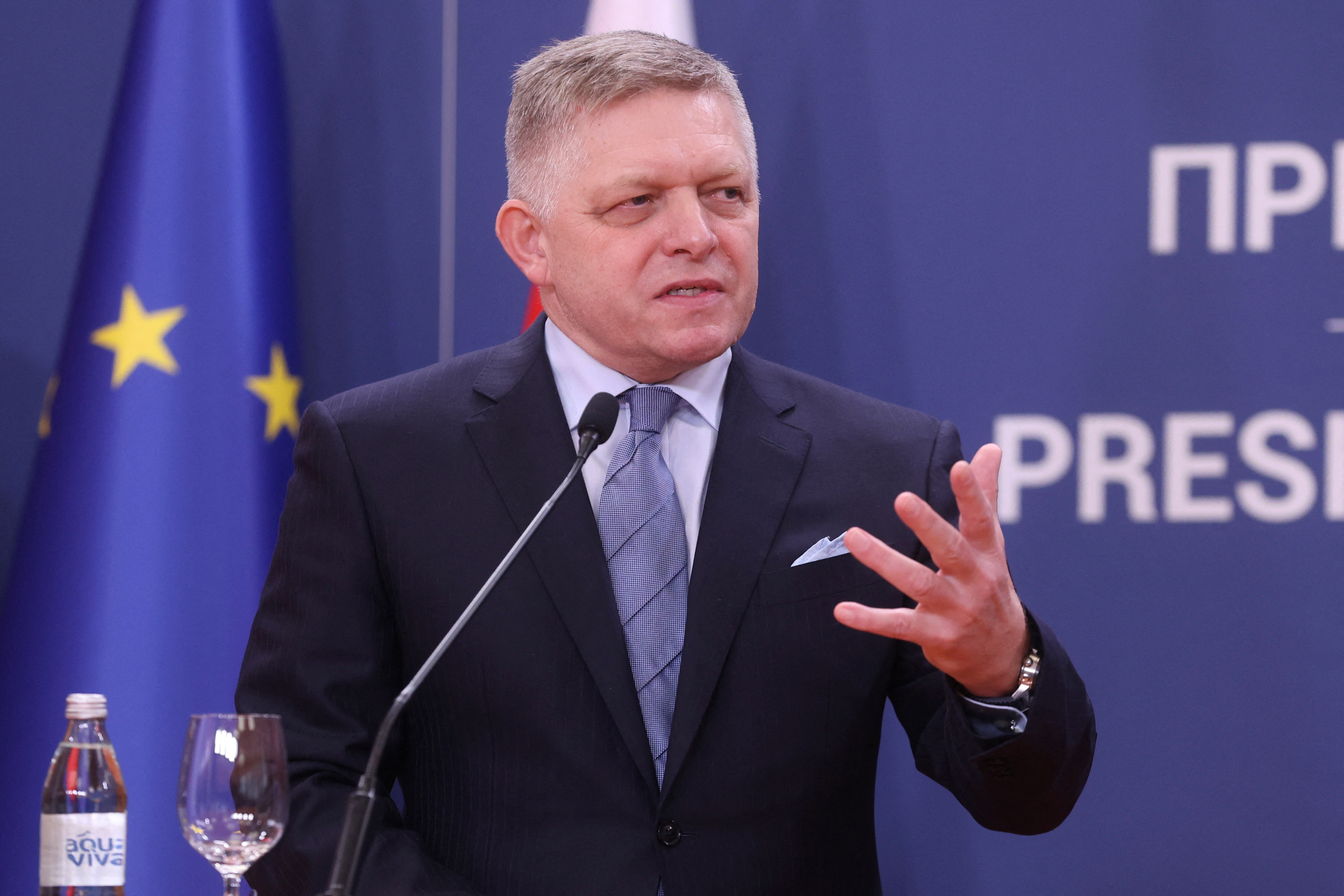 Slovak Prime Minister Robert Fico attends a press conference with Serbian President Aleksandar Vucic (not pictured) in Belgrade, Serbia, November 21, 2024.
Slovak Prime Minister Robert Fico attends a press conference with Serbian President Aleksandar Vucic (not pictured) in Belgrade, Serbia, November 21, 2024.
The Slovak prime minister has also spoken of solutions under which Ukraine would not transit Russian-owned gas, but rather gas owned by other entities.
Fico has sought to keep ties with Moscow. Since taking power last year, he has stopped state military aid to Kyiv, has said the war with Russia does not have a military solution and has criticized sanctions against Moscow.
Hungary will continue to receive Russian gas from the south, via the TurkStream pipeline on the bed of the Black Sea, although it had been keen to keep the Ukrainian route as well.
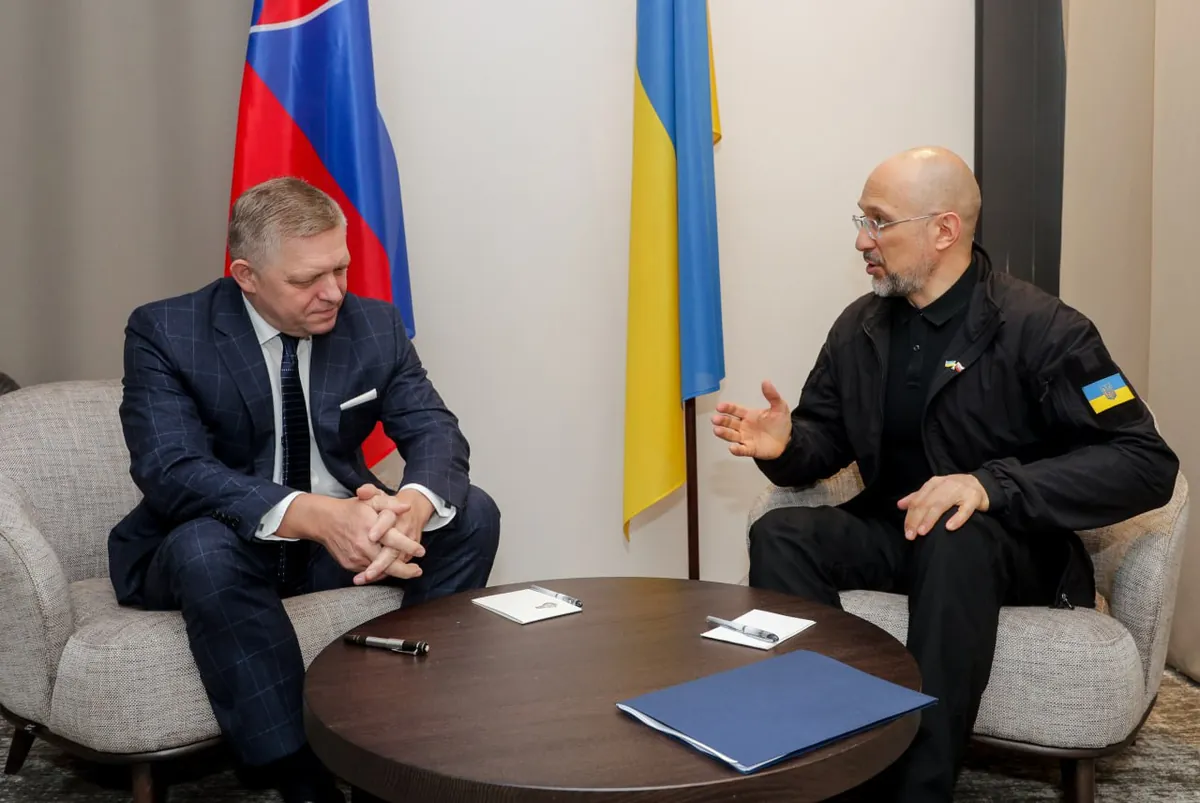 Slovak Prime Minister Robert Fico (left) and Ukrainian counterpart Denys Shmyhal hold talks in Uzhhorod on October 7.
Slovak Prime Minister Robert Fico (left) and Ukrainian counterpart Denys Shmyhal hold talks in Uzhhorod on October 7.
Ex-Soviet Moldova has similarly relied on gas transiting through Ukraine to meet its energy needs, including those of its separatist Transdniestria enclave. The enclave depends on a thermal power plant that supplies most of the electricity for Moldovan territories under government control.
The acting head of MoldovaGaz, the country’s gas operator, Vadim Ceban, said it could provide gas for Transdniestria acquired from other sources. But the pro-Russian region would have to pay higher prices associated with those supplies. Transdniestria has for many years paid nothing for Russian gas.
 A section of the Urengoy-Pomary-Uzhgorod pipeline, also known as the West-Siberian Pipeline, or the Trans-Siberian Pipeline – Russia’s main natural gas export pipeline – moves underground near Ivano-Frankvisk, Ukraine, on Feb. 6, 2014.
A section of the Urengoy-Pomary-Uzhgorod pipeline, also known as the West-Siberian Pipeline, or the Trans-Siberian Pipeline – Russia’s main natural gas export pipeline – moves underground near Ivano-Frankvisk, Ukraine, on Feb. 6, 2014.


